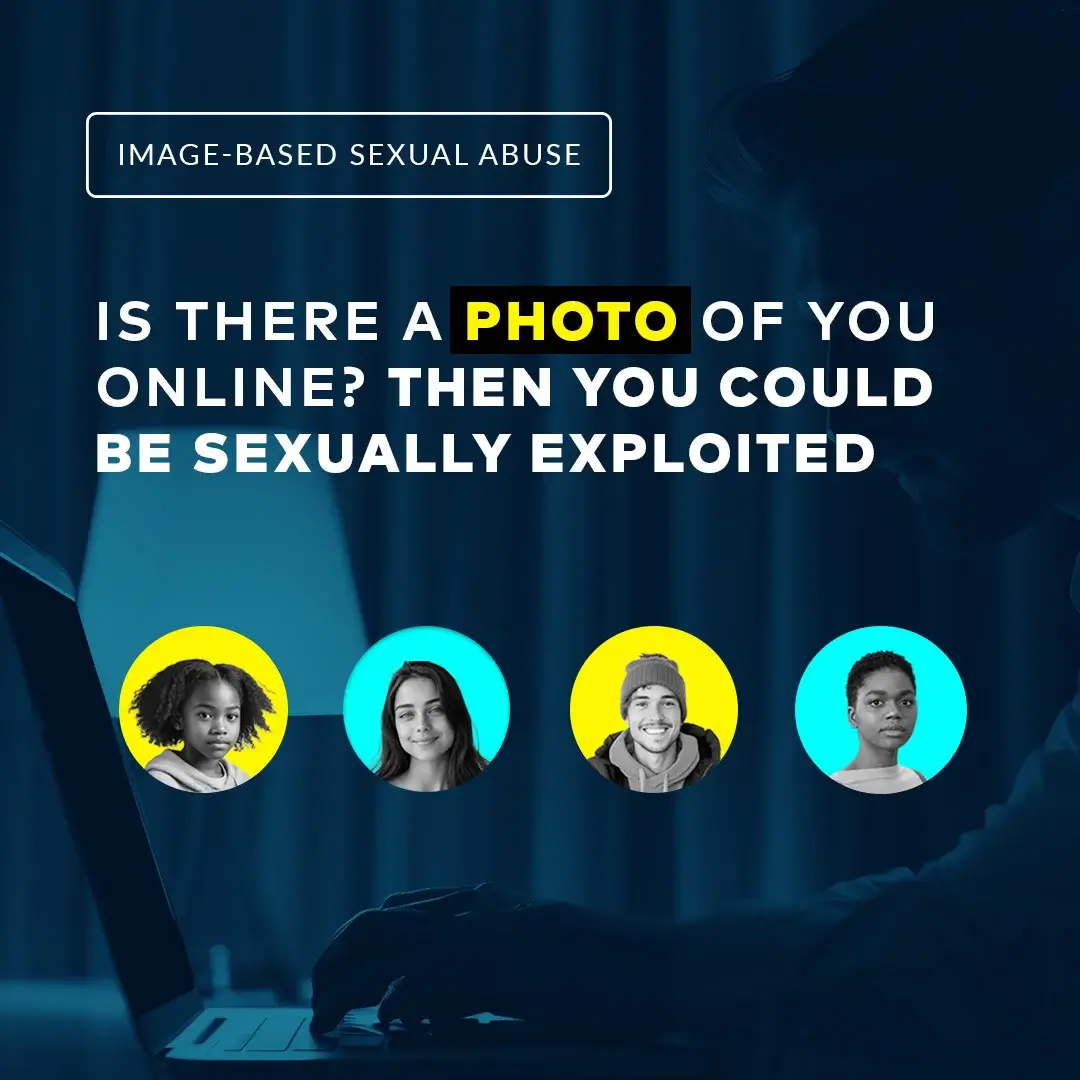As survivors of the Stoneman Douglas shooting packed the gallery of Florida’s statehouse last month to see how their legislators would vote on potential gun control regulation, the legislators had something else on their minds altogether. After deciding against debating a ban on assault weapons, less than an hour later the House passed a bill addressing a different threat to the state’s youth: pornography.
The bill — a resolution declaring pornography a “public health risk” — describes the various dangers associated with exposure to sexually explicit material, particularly the hardcore videos available to most anyone with an internet connection. The key finding was that “There are correlations between pornography use and mental and physical illnesses; difficulty forming or maintaining intimate relationships; unhealthy brain development and cognitive function [and] deviant, problematic, or dangerous sexual behavior.”
The resolution notes that at least five other states have passed similar resolutions since the first, in Utah, in 2016. That same year, similar language was proposed at the Republican National Convention, ultimately making its way onto the final platform with little debate. “Pornography,” read the platform, “with its harmful effects, especially on children, has become a public health crisis that is destroying the lives of millions.”
But there are questions about the reliability of the studies used in these types of declarations. As the Florida bill notes, “prevailing research is not representative of the general population and does not determine causation” — in other words, “difficulty forming or maintaining intimate relationships” might precede, rather than follow from, watching Stormy Daniels in “Operation Desert Stormy.” Some of the scholarship used been denounced by its own authors as unsatisfactory primary sources for the conclusions the legislators are drawing. Sociological studies also muddy the picture of a wave of depravity sweeping America as a result of pornography. Teen pregnancy is down, along with the number of reported sexual assaults, level of sexual activity among teens and the nationwide divorce rate.
A key factor that makes this discussion difficult is that while there is accepted research, there isn’t enough to draw definite conclusions about how viewing pornography affects young adults. Emily Rothman, a professor at Boston University who has studied the effects of pornography, told Yahoo News there is some basis of knowledge but still a long way to go.
“Back in the 1980s people used to have debates about whether pornography made people, specifically men, run out and commit acts of sexual violence,” said Rothman. “Those aren’t the same questions people are asking now. I think we have better information and it gives us more of a fuller picture because we’re not just asking about this one thing.”
The porn industry, unsurprisingly, questions the merits of the legislation.




